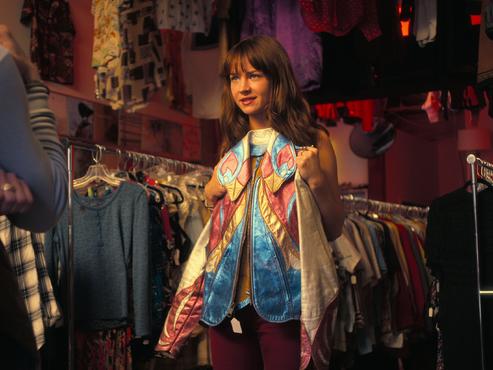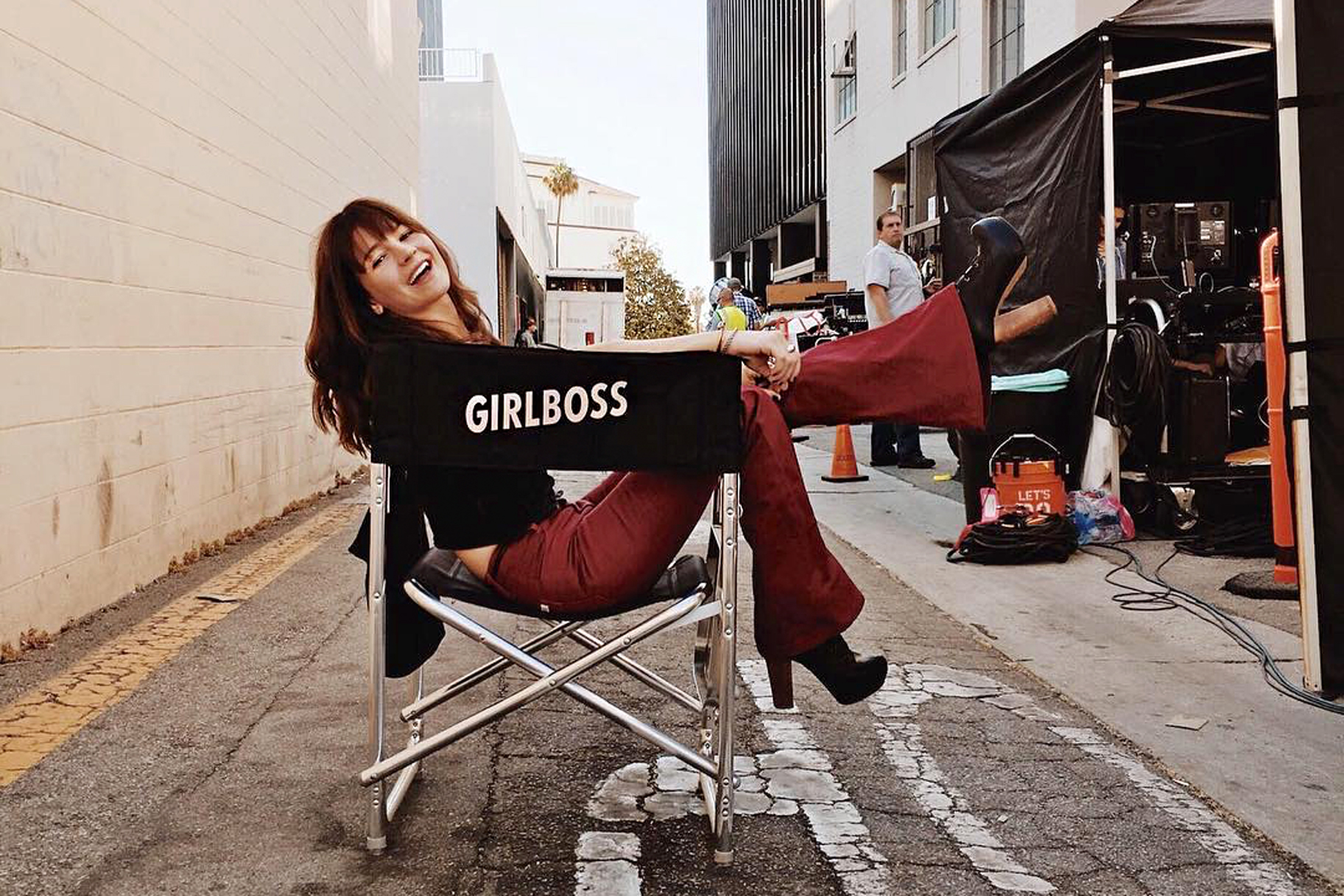It’s a (designer) rags to riches story that speaks to every Nasty Gal who plays by their own rules.
Loosely based on the story of Sophia Amoruso — the best-selling author and creator of multi-million dollar it-girl fashion website Nastygal.com — Girl Boss is the coming-of-age story of an anarchist turned businesswoman whose unrelenting passion for vintage fashion drives her to unexpected success. From dumpster-diving and shoplifting to her lewd language and distasteful personal hygiene, Sophia is a female protagonist that we’ve never seen before — and we absolutely love it.

Girl Boss has faced mixed reviews since its release on Netflix in April. And understandably so, seeing as the end of Nasty Gal’s story in the real world is far from a happy one. Facing bankruptcy, a slew of civil suits from past employees and accusations that Sophia Amoruso abandoned her company for ego and fame, Nasty Gal went from being the prototype of e-commerce success to a complete PR disaster. Admittedly, the timing of the show’s release was far from ideal, leaving a looming cloud over the “inspiring” story its trying to tell. But a closer look at the show outside of its real world context reveals a series with a lot of sass and even more potential.

On the surface, Girl Boss will appeal to longtime supporters of Nasty Gal and Sophia Amoruso’s ever-growing digital brand. Even more so, the show is an affirmation for budding fashion it-girls who, like Amoruso, intend to build their own fashion empire one day. If you don’t fall into any of these categories, it may be hard to get into this series — especially with its protagonist being so blatantly unlikeable. But dig a little deeper, and there’s a little something in Girl Boss for everyone to enjoy.

The fact that Sophia isn’t a likable character is a complete contradiction from what we typically see and expect from female protagonists. But this every bit of screenwriter Kay Cannon’s intention – to tell a uniquely truthful story about a real woman whose flaws worked both for and against her ultimate success. Is the main character the greatest person in the world? No. She is narcissistic, immature, and off-base about how the world works. She tends to treat her friends like servants and demands a lot from her most intimate relationships while giving little in return. But the truth of the matter is, many of the most powerful, inspirational people in the world are complete assholes (Steve Jobs, anyone?). There’s no rule that says that assholes can’t be success stories.
Sophia is real and she’s flawed, yet true to herself and most importantly — her ambition. And if there’s a way to emphasize to young girls that they should persist in achieving their dreams against all odds, this is certainly it.

